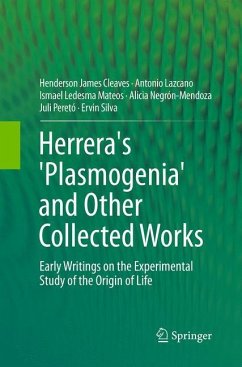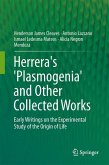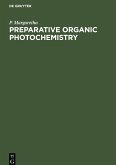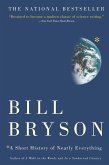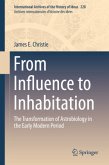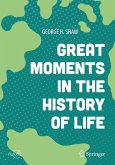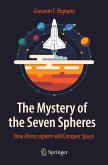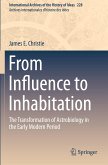This book collects three outstanding examples of the work of Mexican biologist Alfonso Luis Herrera (1868-1943), a pioneer in experimental origins of life research. Two of the collected works appear here in English for the first time. Herrera's works represent the attempt to deal experimentally with the issue of an autotrophic origin of life, a possibility that was widely accepted prior to Alexander I. Oparin's ideas regarding the possibility of organic synthesis and the origin of life in an early Earth environment. An active promoter of Darwinian ideas in Latin America, Herrera was also among the first 20th century researchers to attempt to "create life in a test tube."
This collection shows the remarkable prescience of researchers in Mexico with regards to laboratory approaches to the problem of the origin of life. It also includes a modern commentary by researchers actively engaged in research in prebiotic evolution and the origins of life, and deeply concerned withthe historical development of ideas in these fields. The list includes H. James Cleaves, Antonio Lazcano, Alicia Negrón-González and Juli Peretó, who discuss in detail the relevance of Herrera's ideas to modern theory and their historical context. The book will expose modern readers and researchers to currents of thinking that have been lost, largely to time and language inaccessibility, of a seminal early theoretical biologist.
This collection shows the remarkable prescience of researchers in Mexico with regards to laboratory approaches to the problem of the origin of life. It also includes a modern commentary by researchers actively engaged in research in prebiotic evolution and the origins of life, and deeply concerned withthe historical development of ideas in these fields. The list includes H. James Cleaves, Antonio Lazcano, Alicia Negrón-González and Juli Peretó, who discuss in detail the relevance of Herrera's ideas to modern theory and their historical context. The book will expose modern readers and researchers to currents of thinking that have been lost, largely to time and language inaccessibility, of a seminal early theoretical biologist.

